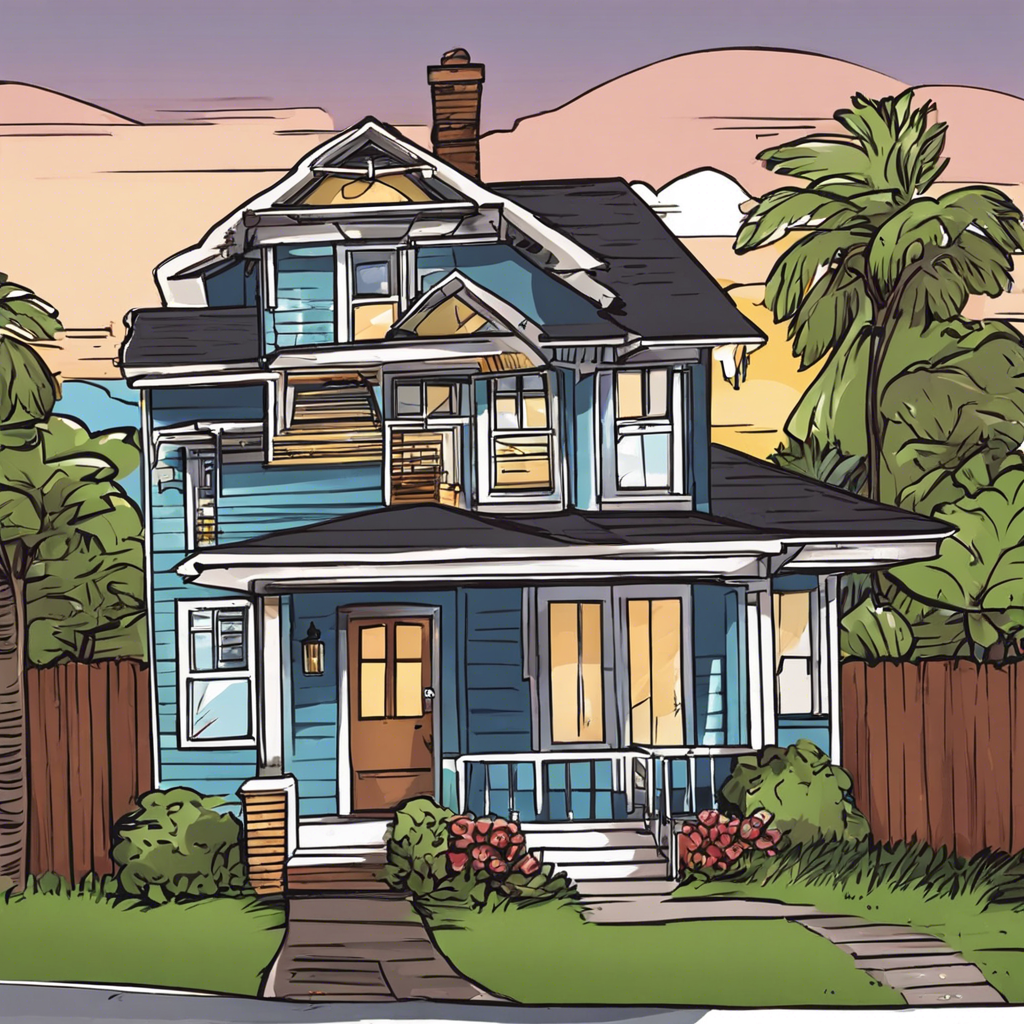The age-old question of whether to rent or buy a home can be a tricky one to answer. There are financial and lifestyle considerations to take into account, and the decision can have a significant impact on your future. So, what are the pros and cons of each option?
Renting can offer several advantages. Firstly, it provides flexibility and mobility. Renters are not tied down to one location and can easily move to a different city or neighborhood if their circumstances change. This option is especially appealing to those who are not ready to commit to one location, such as young professionals or students. Renting also relieves the individual of many maintenance and repair responsibilities, as these typically fall on the landlord. This can save time and money, as unexpected repairs can be costly. Additionally, renting often requires a lower upfront cost compared to buying, as there is no need for a large down payment.
However, there are also downsides to renting. One of the main disadvantages is the lack of equity building. Rent payments go towards covering expenses, whereas mortgage payments contribute to owning an asset. Renters also face the possibility of rent increases or the potential for landlords to decide to sell the property, which can lead to instability and the hassle of having to move.
On the other hand, buying a home has its own set of pros and cons. One of the biggest advantages is the opportunity to build equity and invest in an asset that is likely to appreciate over time. Owning a home provides stability and the freedom to make changes to the property without seeking a landlord’s approval. Additionally, buyers can benefit from predictable monthly housing costs, protected by fixed-rate mortgages, which can be especially advantageous in areas with rising rents.
Yet, there are financial burdens associated with buying. The responsibility of maintenance and repairs falls on the homeowner, which can be costly and time-consuming. There are also additional upfront costs to consider, such as a down payment and closing costs, which can be a significant financial burden. The buying process can be complex and time-consuming, involving mortgage applications, property viewings, and legal procedures. It is also important to consider that the responsibility of homeownership is solely yours, and you will need to commit to staying in one place for a significant amount of time to make the purchase worthwhile.
In conclusion, both renting and buying have their advantages and disadvantages. The decision ultimately depends on an individual’s financial situation, lifestyle preferences, and long-term goals. It is important to carefully consider all the factors involved before making such a significant decision. Weighing the pros and cons can help individuals make an informed choice that aligns with their personal circumstances and aspirations.
